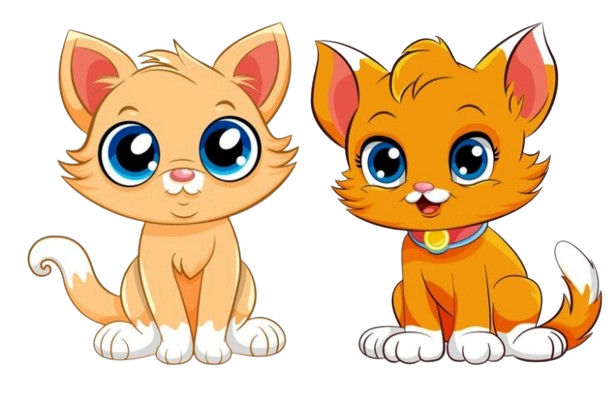Chartreux
Characteristics
of the breed
Adaptability 10/10
Attachment to family 10/10
Game activity 04/10
Intelligence 08/10
General Health 09/10
Hair loss 06/10
Child-friendly 08/10
Dog friendly 10/10
Love of meows 02/10
Breed
Information
|
Country
of origin |
France |
|
Lifetime |
12-15
years |
|
Size |
medium-large |
|
Weight |
Cats:
4.5-7 kg, Cats: 3-5 kg |
|
Coat
type |
Shorthair |
|
Color |
various
shades of blue color |
|
Lifestyle |
outdoors
/ indoors |
|
Price |
1000 -
1500 $ |
Chartreux,
or Cartesian cat - a beautiful animal of blue color originally from France. The
history of these pets dates back to the Middle Ages, due to which they can be
considered an aboriginal breed of cats. There are several variants of origin,
and all of them are more like legends than a reliably confirmed versions by
official sources.
The first
legend is associated with Cartesian monks who bred these cats in their
monasteries. And they allegedly brought them from Syria. That is, according to
this legend, the Chartreux cat breed is of Asian origin, and not French. And
the name of the cat breed was given in honor of the monastic monastery of Grand Chartreux.
The
second legend, again, is associated with the city of Chartres, which stood at
the foot of the mountain, in the vicinity of which there were blue cats of
incredible beauty. Their amazing appearance was completed, as it is today, by
light orange eyes.
The
townspeople interacted with these animals, helping them and giving them
housing. In addition, residents pursued a simpler, mercantile goal - to protect
warehouses and storerooms from rodents. Subsequently, these cats became popular
with the nobility, they were started as beautiful, lively soft toys, which
also has useful qualities.
The
modern cat Chartreux retains the nobility of previous generations. A large
number of these cats were destroyed during the First and Second World Wars.
However, in the 50s and later, the population was restored. Perhaps, in part,
because such a cat, nicknamed Gris-Gris, was in the legendary general Charles
de Gaulle. In the 80s, cats received recognition in the American Cat Fanciers
Association, and they appeared in America ten years earlier.
Description
The Chartreux cat breed gives the impression of compactness, thanks to somewhat
shortened paws. The body is muscular and strong, with a well-developed chest.
Compact size is an apparent point, in fact, this cat in no way belongs to small
or small breeds.
They have
beautiful, correct faces, medium ears, and orange eyes. The tail is not long. Chartreux is a cat that perfectly fits the concept of a family pet. They live,
like most cats, for about 15 years.
Personality
In
general, Chartreux is a calm and soft cat. These are animals that avoid
conflict situations and give a huge amount of love to their owner and the
family in which they live. They are very affectionate, intelligent, and have an
understanding of the situation. They can defuse a tense emotional situation
simply due to their natural kindness and gentleness. By the way, thanks to
these qualities, they are also well suited for families with children.
Cartesian
cats are very loyal to their owner, quickly understand what is required of them,
rarely go against the grain, and are devoid of aggression or cat whims. They can
get along with almost any pet. Preferring to spend time lying down, they are
not very active and playful, but, at the same time, the past on the streets of Paris
makes itself felt - these cats hunt perfectly.
Common
diseases
The Chartreux cat breed has good health and does not have any clearly outstanding
inclinations to any serious diseases. But do not forget that good health in
itself is not a panacea for all diseases. Especially if the owner himself saves
on food and does not provide proper care.
Care
These
cats have very beautiful fur, which you will need to take good care of, first
of all - during molting. The rest of the time, as usual, it all comes down to
combing at least once every two weeks and bathing at least twice a year. Be
sure to brush the teeth of the cat, and, it is desirable to do every day. Also,
keep your ears clean and remember about nail trimming, which is usually done
2-4 times a month.








